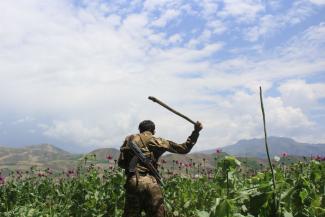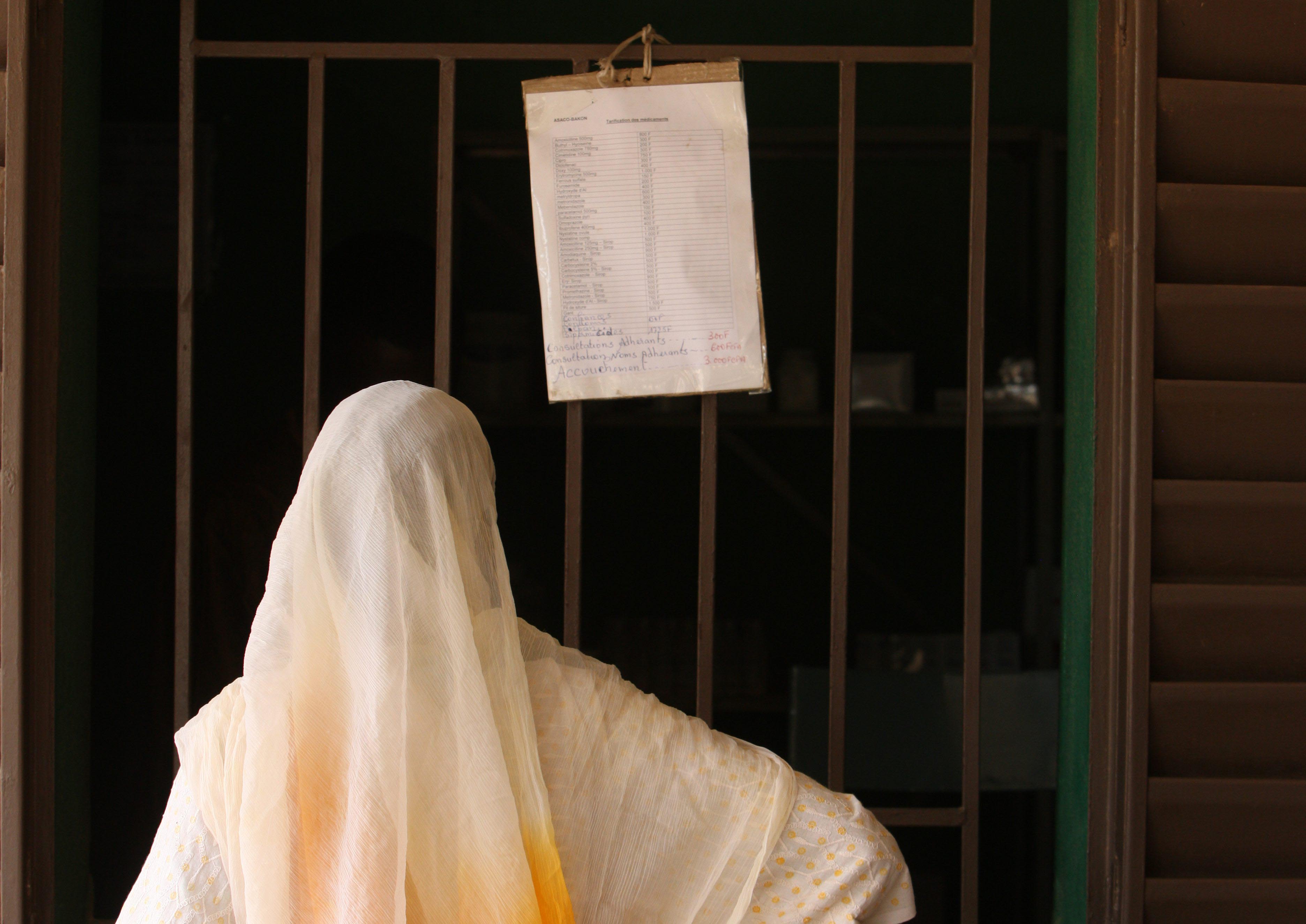Our view
High time to try regulation

In the 1960s, the UN adopted an international drugs policy that declared illegal all the drugs not traditionally used in Europe. Alcohol and tobacco are addictive too, but they are internationally seen as health hazards rather than issues of criminal law. In many predominantly Muslim countries, however, alcoholic beverages remain forbidden.
In the early 1970s, US President Richard Nixon prominently declared a war on drugs. His example was followed around the world. The results are depressing. The production and use of opioids, coca derivatives, cannabis and various synthetic substances has only increased. Illegal drugs are widely used. At the same time, repression is causing massive suffering, especially where the word “war” did not stay a metaphor. In Mexico alone, some 240,000 people are reckoned to have died in drug-related violence in the past 12 years. Afghanistan was liberated from the Taliban by US troops and then “stabilised” with NATO troops, but it must largely be considered a narco-state today.
By the way, alcohol prohibition has not succeeded either. Even where despotic regimes exert brutal repression, some people drink in secret – in Iran or Saudi Arabia, for example. When alcohol was made illegal in the USA in the 1920s, organised crime became deeply entrenched – and the gangs peddled other drugs along with booze. To a large extent, European nations have been backing off from repression at home. The idea is to prevent harm. In Germany, for example, heroin addicts are provided with safe spaces and sterile syringes, and though cannabis is illegal, processing small amounts for personal use is no longer punished. Germany’s constitutional court ruled two decades ago that sentencing people to prison for these offences is disproportionate. In legal terms, the situation is unsatisfying however. Forbidding something, but not sanctioning transgressions leads to ambiguity.
Repression has generally been much harsher in developing countries and emerging markets. Some countries resort to capital punishment, but extra-judicial killings are far more common. Prisons are full of drug users, and many are recruited into criminal networks after release. It is true that addiction is spreading diseases, petty crime and prostitution, but prohibition is not preventing that. All too often poverty and a lack of prospects motivates people to take intoxicants – or to find a black-market livelihood. Typically, there is a lack of rehabilitation facilities.
The International Commission on Drugs Policy, which is led by Ruth Dreifuss, a former Swiss president, deserves attention. It argues that regulating drug markets is better than prohibition. Obviously, different rules should apply to different drugs, depending on how harmful they are. In any case, the best way to fight organised crime is certainly to thwart its business model. Huge profits empower the cartels to corrupt institutions of governance and to pay the perpetrators of horrific violence. The global community needs a better approach. Regulation could allow state agencies to tax drugs, ensure quality and have some impact on where, when and how people use them. There is no lack of good ideas, and the time has come to test them.









